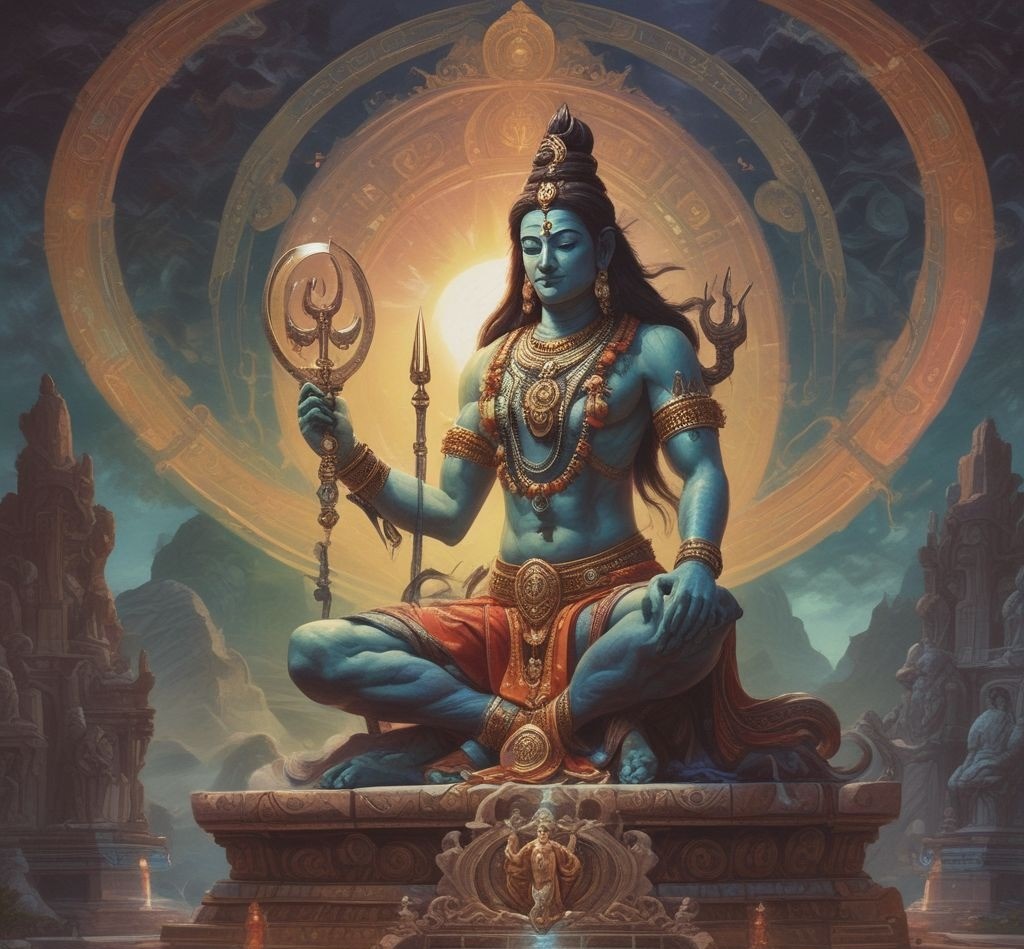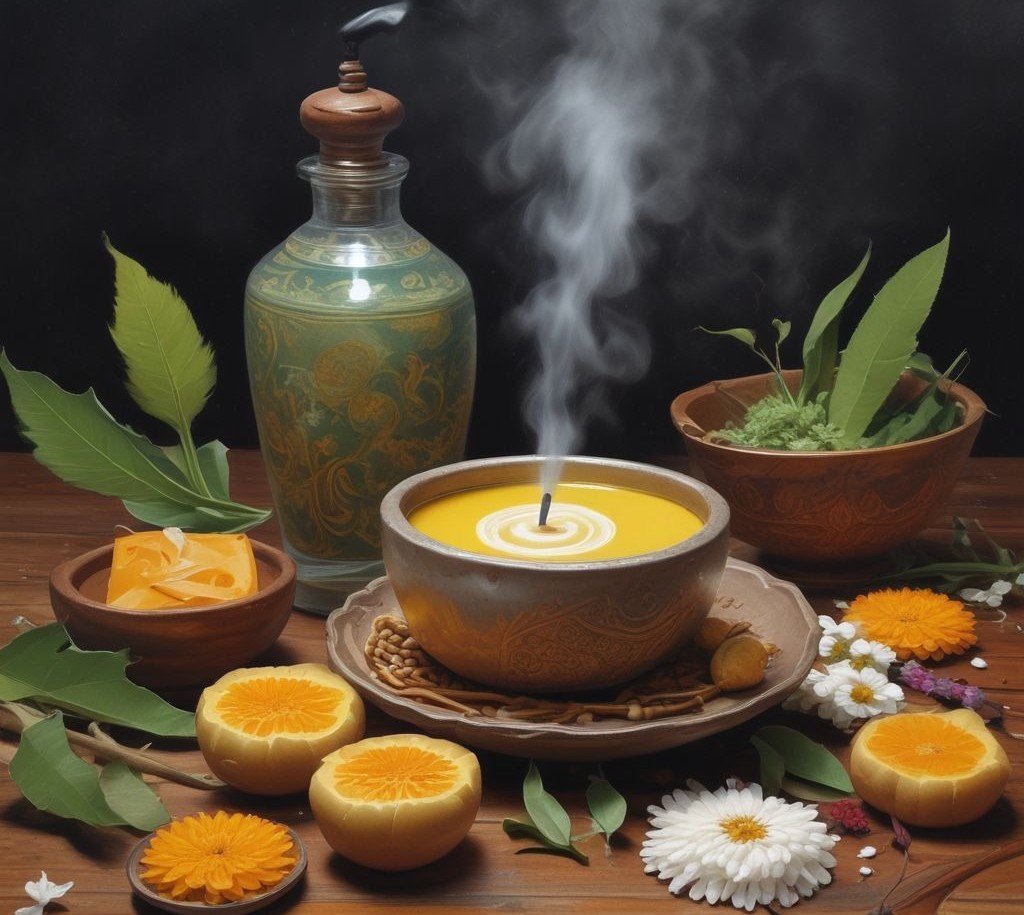Is Your Shiv Pooja Missing These Powerful Steps?

You light the diya. Pour some milk or water over the Shivling. Maybe you say a few mantras. And then it’s over. But have you ever finished your Shiv Pooja and felt like… something was missing?
It’s not that you did anything wrong. You did what you knew. What you were taught. Maybe what you grew up watching others do. But deep inside, a quiet voice might have whispered, “Was that it?”
If you’ve felt that, you’re not alone. The truth is, Shiv Pooja doesn’t need to be perfect. It doesn’t need a hundred steps or complicated rituals. It just needs presence, intention, and heart. And sometimes, when we slow down and bring back a few forgotten little steps—the kind that don’t take long but mean so much—we begin to feel the connection that was missing.
Let’s talk about those steps. Maybe they’ll help bring more stillness, power, and meaning to your next Shiv Pooja.
First, a Little Reminder—Why Every Small Step Matters

We often hear that Lord Shiva is “Bholenath”—the innocent one. The one who accepts even the smallest offering if it’s made with love. And it’s true. He doesn’t ask for gold or garlands or perfection. He only asks for sincerity.
But the simple steps we follow in Shiv Pooja? They aren’t just tradition. They’re ways to tune into His energy. To quiet the noise in our head. To go inward. And when we start seeing these steps not as duties, but as invitations—to connect, to feel, to remember—the pooja becomes something more.
7 Little Things We Often Overlook—But That Can Change Everything

These are steps you might already know. Maybe you’ve done them before and just stopped. Or maybe no one ever told you why they mattered. Let’s go through them together—not as rules, but as gentle reminders.
1. Saying “Om Namah Shivaya” Like You Mean It
This mantra is powerful. You’ve probably said it many times. But have you ever felt it?
Sometimes we chant mechanically—108 times, fast, because that’s what we’re told. But the magic lies in the feeling, not the number.
✨ Try this next time: Close your eyes. Take a breath. Whisper “Om Namah Shivaya” slowly, like you’re speaking directly to Him. Even once. Let it echo inside you. That’s enough. That’s devotion.
2. Bilva Leaves—Not Just a Plant, But a Prayer
You might have heard that offering bilva (bael) leaves is sacred. But why?
Each leaf is said to represent Shiva’s three eyes—symbolising awareness, wisdom, and destruction of negativity. It’s not just a leaf. It’s a surrender of your ego, your overthinking, your burdens.
If you offer bilva leaves:
- Make sure the smooth side is up
- Offer them in odd numbers (3, 5, or 7)
- Do it slowly, with feeling—not just as a checklist And if you don’t have them? That’s okay. Shiva understands.
3. Panchamrit—Made in Your Kitchen, Offered With Love
This one’s so simple—and so often skipped. Panchamrit is a mix of five ingredients: milk, curd, honey, ghee, and sugar.
You don’t need to make a full bowl. Even a spoon of each, mixed with care, becomes a sacred offering.
✨ Each item has meaning:
- Milk for purity
- Curd for prosperity
- Honey for sweetness
- Ghee for strength
- Sugar for joy When you pour it over the Shivling, you’re not just giving ingredients—you’re offering your life in all its forms.
4. The Diya—A Flame for the Mind and the Heart
Lighting a lamp may feel like a small act, but it holds deep energy. Fire represents clarity, strength, and transformation.
Before you light it, pause for a second. Say, “Let this flame burn away my fears. Let it light up what I need to see.” Watch how it makes you feel.
You’ll notice the shift. Sometimes just watching the flame can calm a storm inside.
5. Sacred Ash (Vibhuti)—A Gentle Reminder from Shiva Himself
Most of us skip this at home. Maybe we don’t have it. Maybe we forgot.
But vibhuti isn’t just ash. It’s a whisper from Shiva: Everything you’re holding on to—ego, anger, fear—it’s all temporary. Dust, in the end.
✨ If you have vibhuti, apply a little on your forehead after the pooja. Let it remind you of who you really are beneath all the layers.
6. The Maha Mrityunjaya Mantra—For Healing, Not Just Protection
This is one of Shiva’s most powerful mantras. You may have heard it. Maybe your grandmother chanted it. Maybe you’ve seen it on YouTube.
It’s known for protection, but it’s also for healing—emotional, spiritual, even physical.
Don’t worry if you can’t chant the whole mantra. Even just listening to it with closed eyes, or repeating a few lines, can bring peace.
It’s not about being perfect—it’s about being present.
7. The Part We All Forget—Sitting in Silence
We offer the flowers. We pour the milk. We chant. And then we… get up and go.
But the most powerful part of Shiv Pooja is what comes after—when it’s all quiet. When the diya flickers. When the incense fades. When your eyes are closed and your heart is full.
✨ Just sit. Breathe. Say a quiet “thank you.” No Sanskrit needed. That silence? That’s where Shiva lives.
In the End, It’s Not About Doing More. It’s About Feeling More.

You don’t need to do every step. You don’t need a perfect setup or all the right things. Shiva doesn’t keep score.
What He listens for is your intention. Your presence. Your heart.
So the next time you sit for Shiv Pooja, bring back one or two of these little things. Not out of pressure—but because you want to feel Him a little closer. You might be surprised at what you feel inside you.
"Even the smallest act, when done with love, becomes sacred in Shiva’s eyes."




